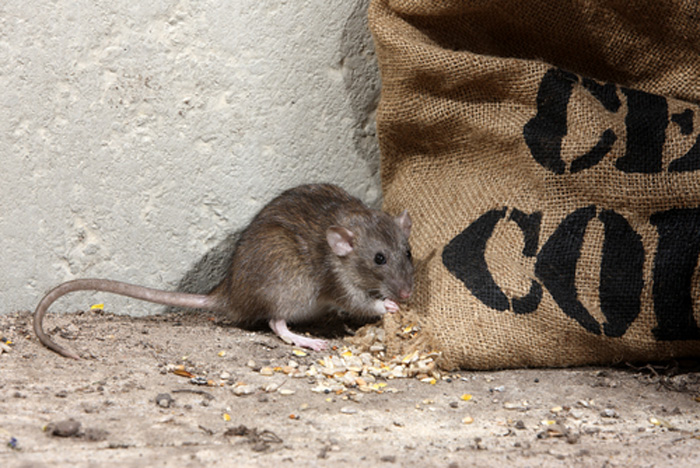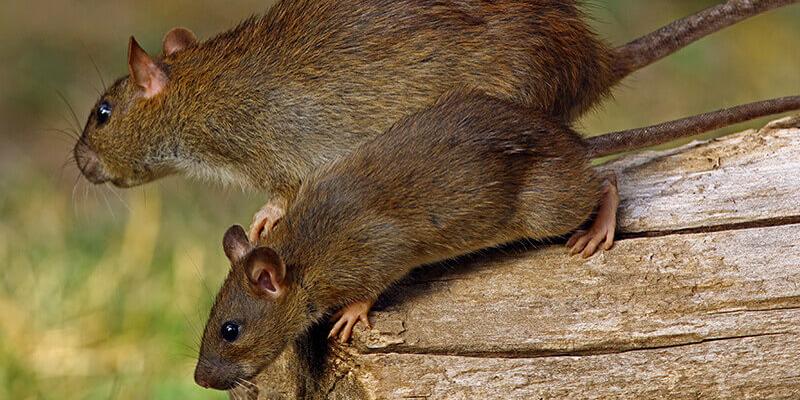In today's rapidly evolving world, maintaining food safety and quality is paramount. Among the various elements ensuring these standards, pest tech for HACCP compliance plays a pivotal role. The Hazard Analysis and Critical Control Points (HACCP) system is a globally recognized approach for managing food safety, and incorporating advanced pest technology is essential to its effectiveness.
The integration of pest tech for HACCP compliance is not just about controlling pests; it's about creating a comprehensive food safety strategy. This includes monitoring, detection, and prevention, ensuring that food processing environments remain pest-free.

Understanding HACCP and Its Importance
HACCP is a systematic preventive approach that identifies, evaluates, and controls hazards that are significant for food safety. These hazards can be biological, chemical, or physical, and pests are a significant biological hazard in the food industry.
The integration of pest tech into HACCP plans is essential because pests can carry pathogens and contaminate food products. By using advanced technologies, businesses can effectively monitor and manage pest activity, ensuring compliance with HACCP standards.
Advanced Pest Technology: A Game Changer
Modern pest technology offers innovative solutions for monitoring and controlling pest activity. These technologies include digital monitoring systems, automated traps, and sensors that provide real-time data on pest activity. Such systems can significantly enhance the efficiency and effectiveness of pest management strategies, ensuring that potential issues are identified and addressed promptly.
For instance, intelligent pest solutions are designed to provide comprehensive monitoring and control, helping food brands maintain high standards of safety and compliance.
Implementing Pest Tech Solutions
Implementing pest tech solutions involves a thorough analysis of the facility to identify potential entry points and breeding sites for pests. Advanced systems, such as those used in logistics warehouses, offer tailored solutions that address specific pest challenges faced by different sectors.
Another critical aspect is training staff to understand and manage the technology effectively. This includes recognizing signs of pest activity and knowing how to use monitoring systems to their full potential.
Benefits of Pest Tech for HACCP Compliance
The benefits of integrating pest tech into HACCP compliance are multifaceted. These include:
- Enhanced Monitoring: With real-time data, businesses can identify and address pest issues before they escalate.
- Cost-Effective: By preventing infestations, companies can save on potential losses and avoid costly recalls.
- Improved Safety: Ensuring a pest-free environment reduces the risk of contamination and enhances overall food safety.
For more insights on effective pest management practices, consider exploring rodent control best practices.
Challenges and Considerations
While the benefits are clear, implementing pest tech solutions does come with challenges. These include the initial cost of technology and the need for regular maintenance and updates. Additionally, businesses must ensure that the technology aligns with their specific operational needs and HACCP plans.
Despite these challenges, the long-term benefits of integrating advanced pest tech into HACCP compliance far outweigh the initial hurdles. Businesses must remain proactive in adopting these technologies to ensure they meet the highest safety standards.
Future of Pest Tech in Food Safety
As technology continues to advance, the future of pest tech in food safety looks promising. Emerging technologies such as AI and IoT are set to revolutionize how we approach pest management, offering even more precise and effective solutions.
For businesses looking to stay ahead of the curve, investing in these technologies is essential. By doing so, they can ensure they remain compliant with HACCP standards and continue to provide safe, high-quality food products to consumers.
To learn more about the latest advancements in pest control technology, visit AI systems for commercial kitchens.

FAQ
What is HACCP compliance?
HACCP compliance involves adhering to a set of guidelines designed to ensure food safety by identifying and managing potential hazards in food production.
Why is pest control important for HACCP?
Pests can carry pathogens that contaminate food products. Effective pest control is crucial for preventing such contamination and maintaining food safety standards.
How does technology enhance pest control?
Technology enhances pest control by providing real-time monitoring and data-driven insights, allowing for timely interventions and effective management of pest issues.
This article contains affiliate links. We may earn a commission at no extra cost to you.
